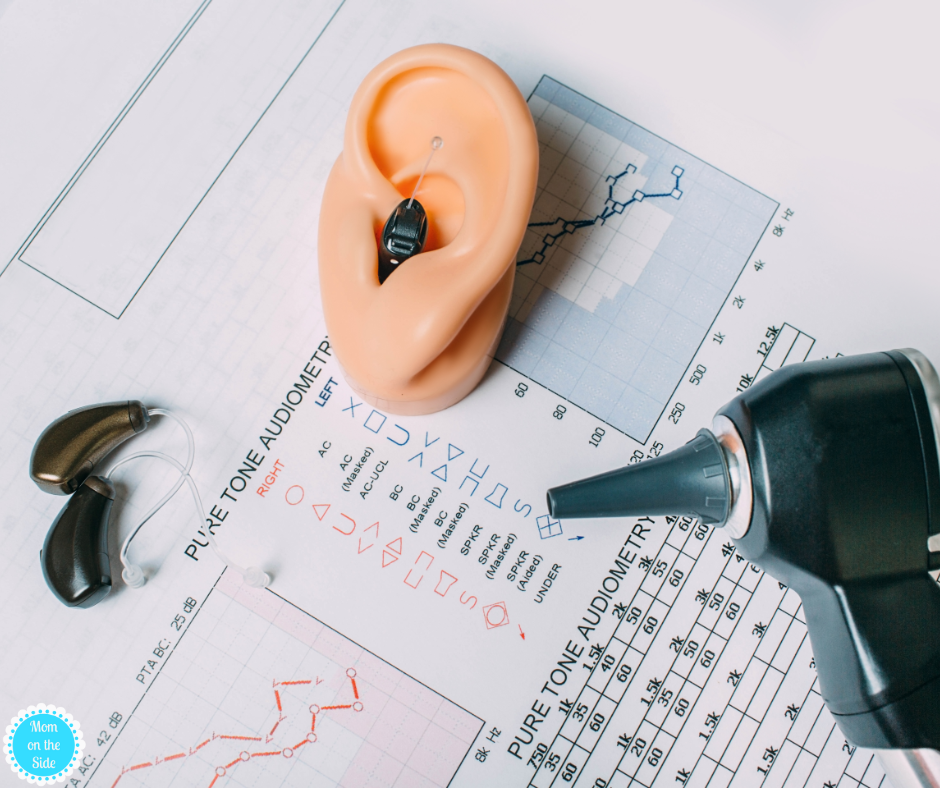Hearing loss, a condition that can manifest at any age and stem from various causes, may not be immediately noticeable in your daily life. However, if left unaddressed, it can gradually erode your quality of life, affecting your ability to communicate, enjoy music, or even hear important sounds around you.
Approximately 13% of the US population experiences some degree of hearing loss. While not everyone may require or desire hearing aids, it’s important to note that many cases of hearing loss can be easily remedied, offering a potential restoration of your hearing and a significant improvement in your daily life.
But what exactly can cause hearing loss?

6 Causes of Hearing Loss You Need to Know
Earwax Build Up
Your ears are remarkable self-cleaning organs, designed to naturally dispel any buildup or dirt through the excretion of ear wax. However, in some instances, wax can accumulate and lead to a blockage, potentially causing hearing loss. Recognizing the role of earwax in hearing and the potential risks of its buildup, it’s crucial to seek professional help to ensure your hearing health is maintained.
Ménière’s disease
Something that has affected my dad’s hearing, and his quality of life, is Ménière’s disease. An inner ear issue that typically occurs between the ages of 30 and 50. The cause isn’t known, but sufferers can experience symptoms such as sensorineural hearing loss, dizzy spells, ringing in the ears, and sensitivity to loud noises. There is no current cure for this condition, only treatment, and people may experience worsening symptoms at times. However, if you have hearing loss with any of the other symptoms, it’s worth getting checked out.
Ear Infections
Ear infections can be a cause of temporary hearing loss due to a buildup of fluid or infection in the ear. Typically, with an ear infection, antibiotics in the form of oral medication or drops in the ear will resolve the infection, and the hearing will restore itself once every sign has cleared up. If hearing loss persists once the infection is resolved, it is worth talking to your audiologist to ascertain if there is any permanent damage to your hearing.
Very Loud Noise
Ongoing exposure to sounds exceeding 80dB can cause hearing loss that can never be recovered. Loud sounds damage the tiny hairs in the air that carry the sounds you hear, and once these become damaged, your hearing is impacted. Noises that can affect your hearing include working in airports, being around explosions, or working in close proximity to music on a regular basis, e.g., concerts or nightclubs.
Age
Your hearing will naturally deteriorate as you get older, so you should expect your hearing to change. Typically, the over-70s will experience the greatest level of hearing loss, with levels slowly deteriorating over the years. Hearing aids can help you regain some of the lost hearing you might experience as you age to ensure you maintain your quality of life.
Ototoxic Medications
Sem medications can contribute to a loss in your hearing, which may or may not be permanent depending on the dose and the duration you have been taking the medication for. If you are taking any of the following, talk to your doctor about hearing loss and determine if they are the cause.
- Aminoglycoside antibiotics, such as streptomycin, neomycin, or kanamycin
- Large amounts of aspirin
- Loop diuretics, like lasix or ethacrynic acid
- Some chemotherapy drugs
It might be that you need to get your medication changed to help you limit your hearing loss or avoid making the issue worse.
Leave a Reply